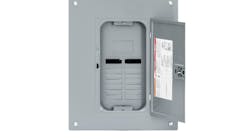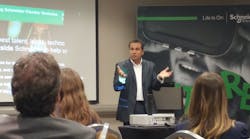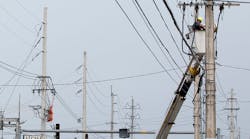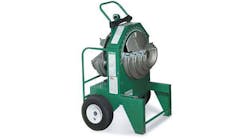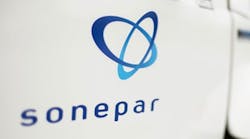SunEdison Inc., Maryland Heights, Mo., one of the largest solar developers in the world, is seeking reorganization of its approximately $16.1 billion in debt under Chapter 11 of the U.S. Bankruptcy Code, a move anticipated by the market for several months. SunEdison said it seeks to continue operating while undergoing a court-supervised restructuring, and has secured $300 million in debtor-in-possession financing from a consortium of existing creditors to continue funding operations.
“Our decision to initiate a court-supervised restructuring was a difficult but important step to address our immediate liquidity issues,” said Ahmad Chatila, SunEdison chief executive officer, in a press release. “The court process will allow us to right-size our balance sheet and reduce our debt, providing the opportunity to support the business going forward while focusing on our core strengths. It also will facilitate our continued work toward transforming the company into a more streamlined and efficient operator, shedding non-core assets as well as taking other steps to help us get the most value out of our technological and intellectual property. As a result of this process, we expect that SunEdison will be in an even better position over the long term to utilize our capabilities in the renewable energy sector.”
Things began to unravel for SunEdison following troubles with its $2.2 billion deal to acquire Vivint Solar, a move that would have made SunEdison one of the largest players in a fast-growing area of the PV market where it wasn’t already active, rooftop solar for distributed power generation. The company had already borrowed heavily to buy up other wind and solar developers, making investors nervous prior to the Vivint deal and a separate $700 million buyout of Latin America Power. When those deals failed to close, SunEdison’s stock price, traded on NYSE under the ticker SUNE, began to fall. From more than $30 a share and a $100 billion market valuation in July 2015, it dropped to around $0.30 per share when trading was halted due to the filing.
SunEdison’s troubles initially cast a shadow of concern over other solar developers and yieldcos, a specialized form of business many solar developers use to buy completed projects and separate the stream of revenues of continuing solar plant operations from the solar development business. SunEdison’s two yieldcos, TerraForm Power and TerraForm Global, are not part of the bankruptcy proceedings. TerraForm Power recently accused SunEdison of diverting cash from it and filed suit.

